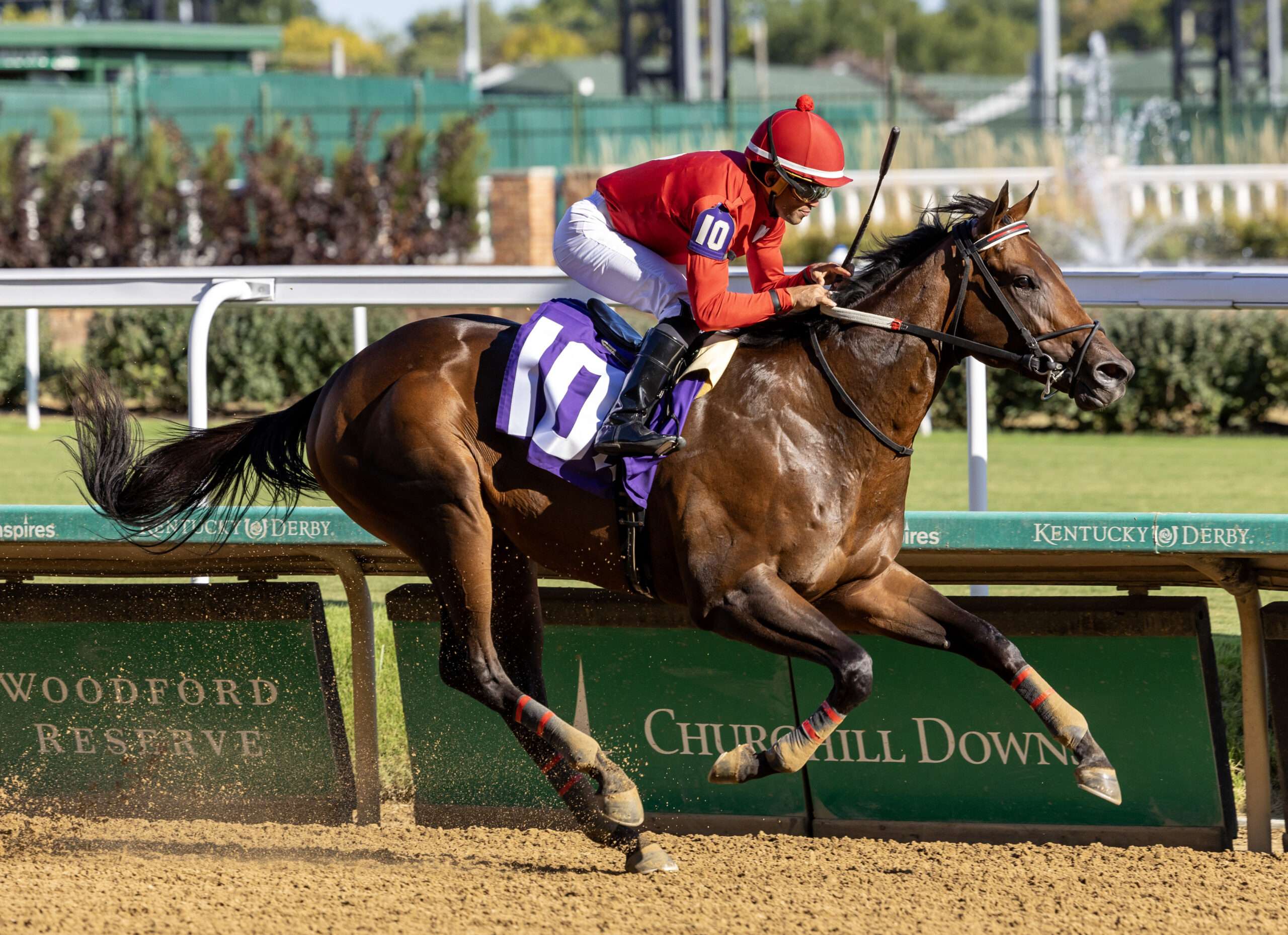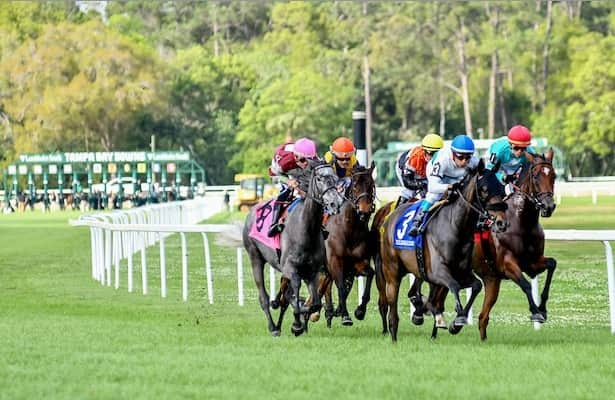Feds approve $80 million budget for ‘private’ horse racing regulator

The Federal Trade Commission (FTC) approved the Horseracing Integrity and Safety Authority’s (HISA) $80 million budget last week. Created in 2020 to regulate safety in professional horse racing, HISA is a classic example of wasteful government spending and should be a prime target for the incoming Department of Government Efficiency.
The Horseracing Integrity and Safety Act of 2020, which passed with bipartisan support, created and tasked HISA to develop and oversee anti-doping, medication control, and racetrack safety programs under the supervision of the FTC. While the FTC claims that HISA “serves the goals of the Horseracing Integrity and Safety Act in a prudent and cost-effective manner” the agency’s budget says otherwise.
The lion’s share of the authority’s approved 2025 budget is not allocated for ensuring racetrack safety ($3 million) or veterinary services for horses ($916,000)—both of which should be privately insured and provided, respectively—but for the $58.6 million anti-doping and medication control budget. The budget primarily covers the costs of sample collection and testing “for post-race, out-of-competition, and TCO2 [total carbon dioxide] testing,” which the authority outsources to the Horseracing Integrity and Welfare Unit (HIWU), a division of Drug Free Sport International, a full-service provider of anti-doping services.
In 2025, HISA will pay $6.7 million to cover the salaries of 36 full-time HIWU employees who work exclusively for the authority. Additional expenses include $1 million for travel, $7 million for technology, supplies, and professional services, and $2.8 million for so-called management fees, described as “the profit amount to HIWU for administering the program…a negotiated amount of 8% of the total expenses incurred for services that HIWU provides directly and 4% for everything else.”
HISA allocates $2.4 million to compensate its nine administrative department employees, whose salaries “are based on market rates.” HISA’s 2025 budget also provides $420,000 for professional public relations services and $100,000 for “a white paper on the benefits provided by security cameras in shedrows”—the walkway between rows of horse stalls in a barn.
The safety of horse races, equine health, and fairness of competitions are all important goals—for the narrow segment of the population that owns and races thoroughbreds. A wealthy demographic that neither needs nor is entitled to tens of millions of dollars a year of taxpayer subsidies.
There’s nothing prudent about $80 million per year in public funding to regulate a niche sport that is perfectly capable of governing itself. The incoming Department of Government Efficiency should instruct the FTC to be more circumspect in approving funding for the Horseracing Integrity and Safety Authority while the agency is still around.
Related
Leading Parx jockey Sanchez will serve 7-day suspension
Photo: Jason Moran / Eclipse Sportswire Jockey Mychel Sanchez will serve a seven-day suspension and pay an additional $1,750 in fines
Bill Mott talks about plans for Sovereignty, Just F Y…
Photo: Gulfstream Park / Lauren King Sovereignty, dramatic late-running winner of the Fountain of Youth (G2) March 1, is being pointed
Up-and-coming Cavalieri chases Grade 1 glory in Beholder Mile
Photo: Santa Anita / Benoit Photo Cavalieri and Alpha Bella, who finished one-two in the Grade 3 La Cañada in January at Santa Anita,
4 stakes showcase shipping stars on Tampa Bay undercard
Photo: Gonzalo Anteliz Jr. / Eclipse Sportswire The stars will shine Saturday at Tampa Bay Downs, and not just in the Grade 3 Tampa Ba











